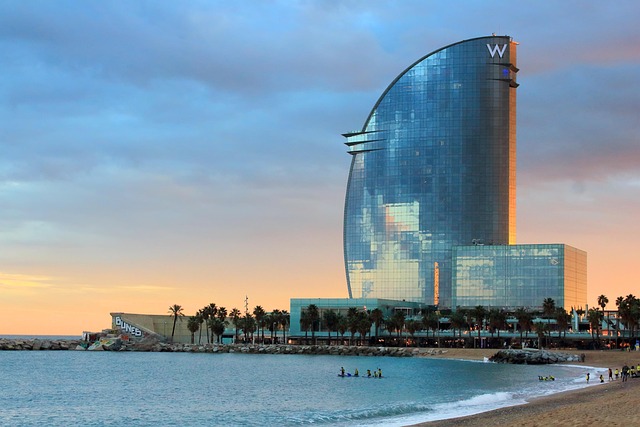Careers in Dubai's Hospitality and Tourism
Dubai’s hospitality and tourism market is one of the most visible and fast-evolving in the Middle East, attracting professionals worldwide to work in hotel operations, guest services, and tourism management. This article provides an overview of practical pathways into the sector, the kinds of hotel and hospitality roles available, and realistic expectations for building a career in Dubai. This content is informational and does not list or imply specific active job openings.

Dubai: Why pursue opportunities here?
Dubai’s rapid infrastructure growth, global connectivity, and year-round events make it an attractive place for hospitality and tourism professionals. The city hosts international conferences, leisure travelers, and luxury experiences that require a broad workforce—from front-desk teams to event planners and revenue managers. For many, Dubai offers exposure to diverse guest profiles and modern hotel systems, which can accelerate professional development. Keep in mind that employment conditions, visa rules, and workplace norms differ from other countries, so researching local regulations and employer policies is essential.
Hotel roles: Which positions are typical?
Hotels in Dubai range from boutique properties to five-star resorts, creating demand for a wide variety of roles: front office agents, concierge, housekeeping supervisors, food and beverage managers, chefs, sales executives, and revenue analysts. Entry-level positions often provide structured training and on-the-job learning, while mid- and senior-level roles require certifications, proven experience, and strong English-language competence. Soft skills such as guest communication, cultural sensitivity, and problem-solving are highly valued alongside technical skills like property management software proficiency and food safety certifications.
Hospitality skills: What employers seek?
Employers in Dubai’s hospitality sector prioritize customer-centric attitudes, multilingual communication, and adaptability to high-volume operations. Practical qualifications—such as hospitality diplomas, culinary certificates, or certified event management programs—strengthen applications, but demonstrable experience and references can be equally important. Leadership roles often require proven team management and financial oversight abilities, including budgeting and inventory control. Continuous professional development through workshops, online courses, or industry associations can improve competitiveness and help you progress from operational roles into supervisory or specialist positions.
Tourism trends: How it drives job demand?
Tourism trends shape staffing needs across hotels, attractions, and tour operators. Seasonal events, international exhibitions, and cruise arrivals influence short-term and long-term hiring cycles. Dubai’s push toward diversified experiences—cultural tourism, sporting events, and eco-tourism initiatives—creates roles beyond traditional hotels, such as guest experience designers, destination marketers, and sustainability officers. Understanding market trends and aligning your skills with emerging niches (for example, digital guest engagement or experience curation) increases your relevance to employers in an evolving tourism landscape.
Career steps: How to build experience?
Start by identifying the segment of hospitality or tourism that matches your strengths—guest services, F&B, events, or management. Gain practical experience through internships, volunteer positions at events, or short contracts that build a portfolio of guest-focused achievements. Networking with local services, industry associations, and alumni networks helps uncover mentorship and informal referrals. Prepare a concise CV highlighting measurable outcomes (e.g., improved guest satisfaction scores, reduced costs, or successful event attendance). Remember this content provides general guidance and should not be taken as a list of current vacancies or specific hiring pathways.
Conclusion
A career in Dubai’s hotel, hospitality, and tourism sector can offer exposure to international standards, varied guest demographics, and opportunities to grow into management or specialized roles. Success hinges on combining relevant qualifications with strong interpersonal skills, cultural awareness, and a willingness to adapt to a dynamic market. Before making employment decisions, research local employment laws, visa requirements, and typical contract terms to ensure alignment with your personal and professional goals. This article is intended for informational purposes only and does not represent active job listings or guarantees of employment.






